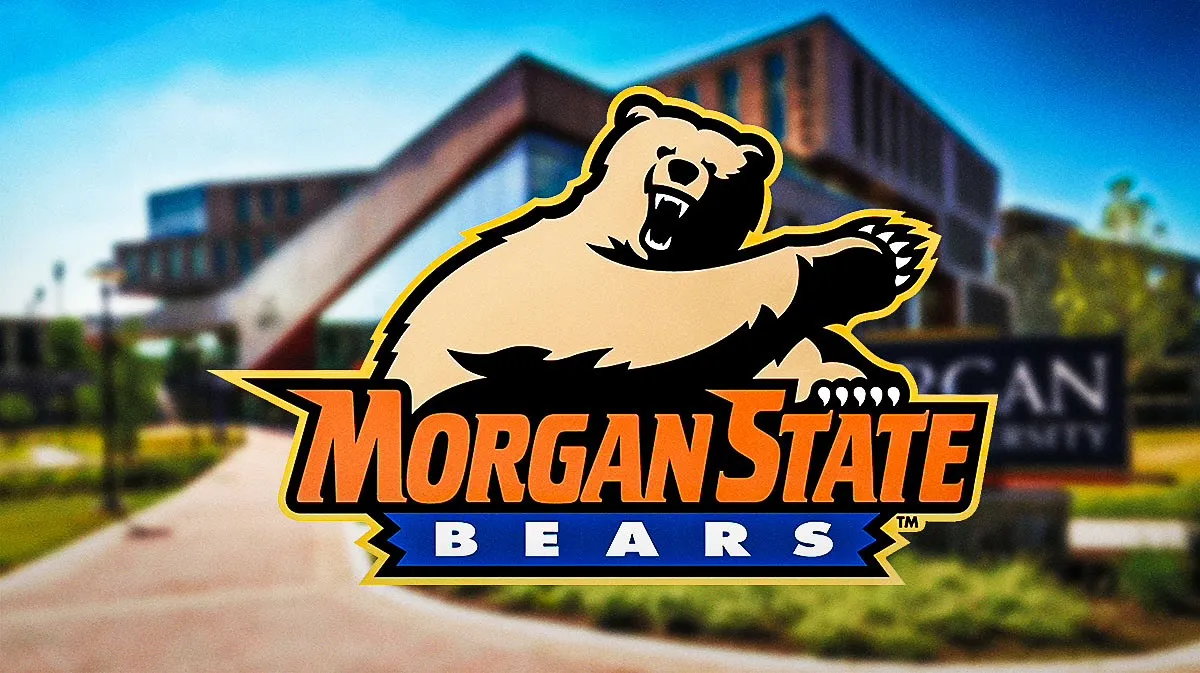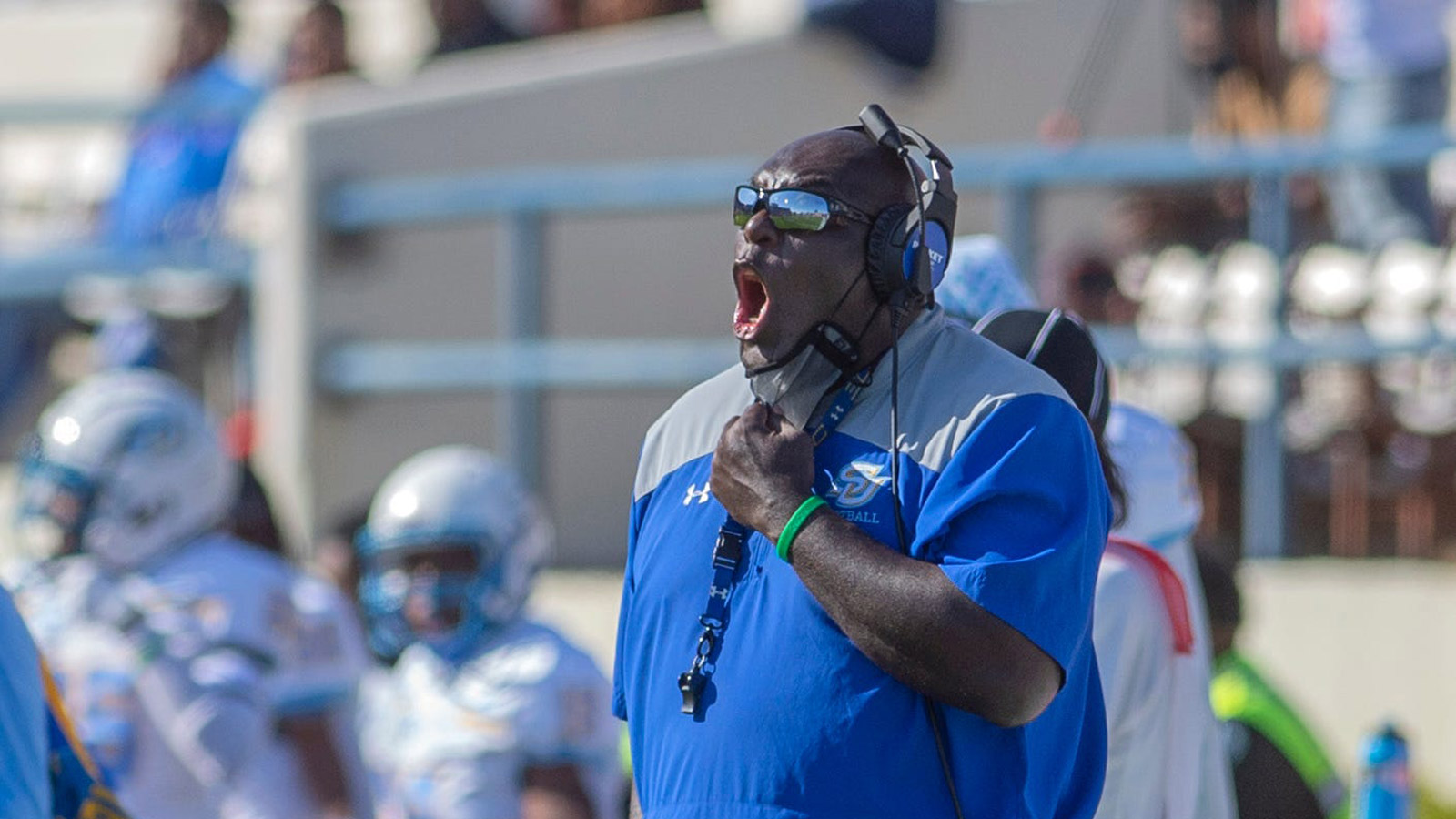A study published by the Annenberg Institute for School Reform at Brown University finds that black students are more likely to finish their undergraduate degree from an HBCU than from another institution. The study, titled “HBCU Enrollment and Longer-Term Outcomes,” analyzed data from nearly 1.2 million Black students who took the SAT between 2004 and 2010. The researchers discovered that students who initially enrolled at HBCUs were approximately 15 percent more likely to graduate and had a 5 percent higher income by the age of 30.
The study also finds that HBCUs that are more inclusive in the students that they admit provide students with more successful outcomes than HBCUs that are more selective in the students that they enroll. This likely goes hand-in-hand with how those institutions that are less selective provide a wide range of students opportunities to learn and matriculate with their degree.
“HBCUs have faced many challenges over the last century, such as inadequate funding, state and court legislators requiring justification of their existence, and questions about their quality. This research demonstrates that the historically outsized role played by HBCUs in granting access to Black students and supplying talented Black graduates to the American economy still holds for 21st century graduates,” the study states as it's conclusion.
The study also shows, however, that students who began their education at an HBCU tend to have around $12,000 more in student loans by age 30. This is partly because HBCU students are more likely to choose STEM majors. This often leads to the graduates earning more in their postgraduate career but also can signal a longer collegiate journey that requires them to pursue other degrees and certifications after they graduate with their bachelor's degree.
The researchers stress how crucial it is to take these findings into account when making college decisions or allocating resources. They encourage students, parents, high school counselors, education policymakers, and donors to consider the positive impact that HBCUs have on graduation rates and income levels.
The study is definitely a win, highlighting the advantages of an HBCU degree as students, supporters, and alumni keep pushing to demonstrate the opportunities that black colleges offer.




















